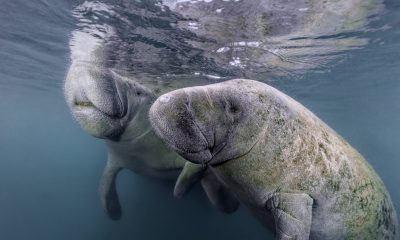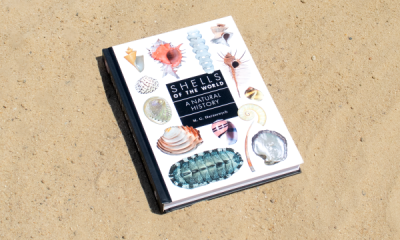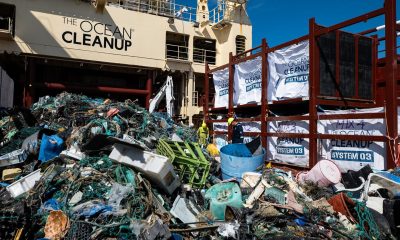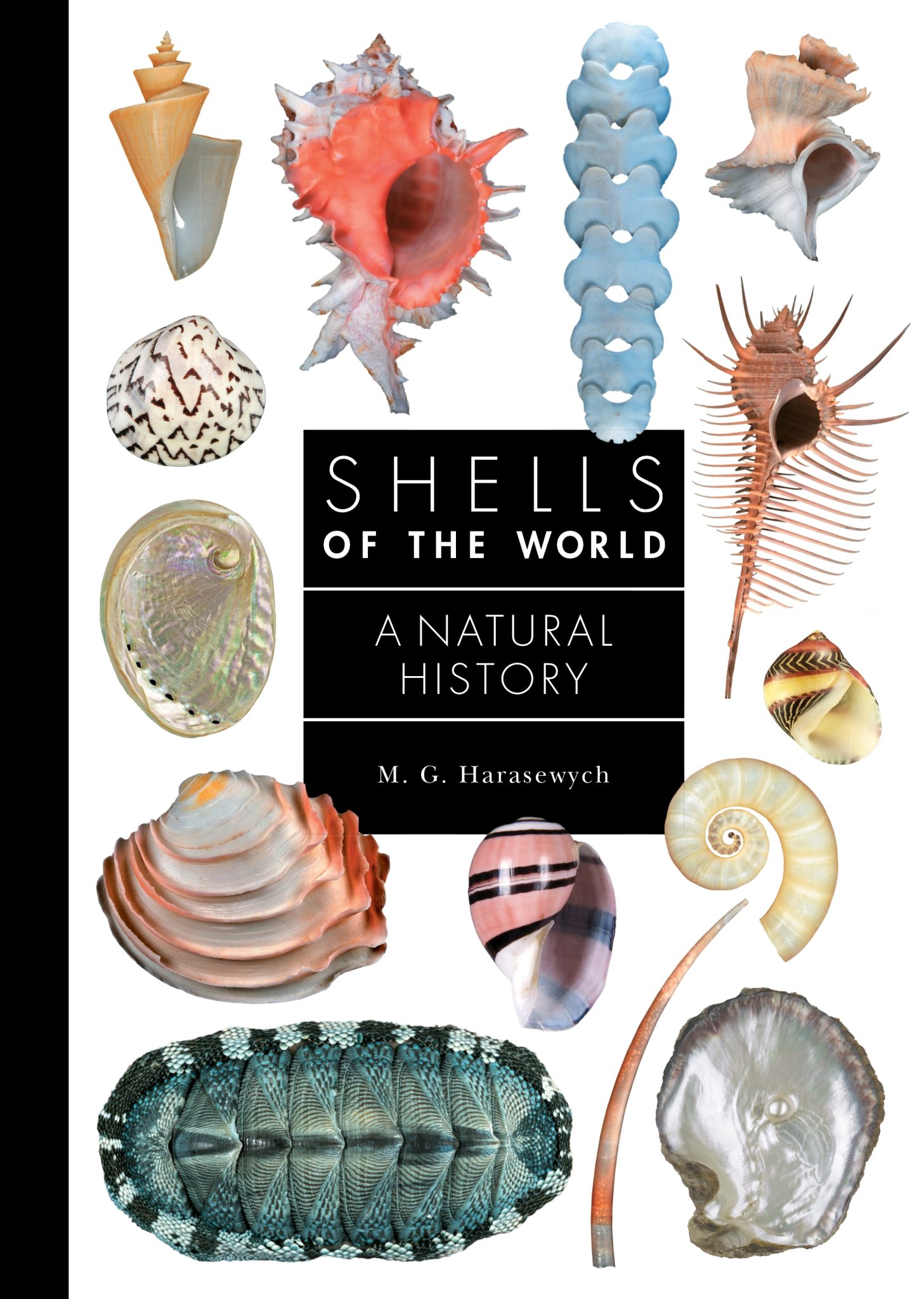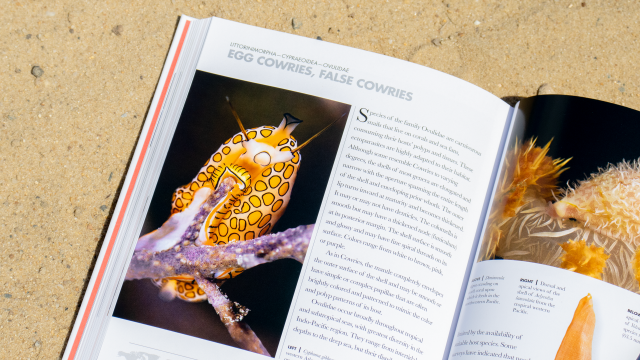News
Spermwatch – help fill in the blanks on the lovelife of lugworms

The secret life of Lugworms – ‘citizen scientists’ needed to help shed light on the sex-life of this important coastal species
Love is in the air along the UK’s coastlines this autumn and the Marine Conservation Society is asking the public to keep an eye out for signs of passion in the lugworm population.
The lugworm – Arenicola marina – is a vital source of food for wader birds and fish, and the species plays an important role in fisheries as a source of bait.
But spending their lives burrowed deep in the sediment, opportunities to find the perfect mate is limited. Instead, the males release sperm which collects in ‘puddles’ on the surface of the sand. When the tide comes in, the sperm is washed down into the burrows of the females and fertilises their eggs.
Very specific environmental conditions are needed to trigger the release of the sperm and the egg at the same time and very little is known about the process.
Now scientists are calling on members of the public to join the project as ‘citizen scientists’ and help to fill in the knowledge gaps.
Dubbed ‘Spermwatch’, the project is part of a wider conservation project called Capturing our Coast, a partnership between universities, conservation and research organisations including Newcastle University, Marine Conservation Society and Earthwatch. Capturing our Coast is a three year programme funded by the Heritage Lottery Fund.
Leonie Richardson, Capturing our Coast Project Officer for the Marine Conservation Society, says “Why not combine a gentle stroll on the beach this autumn with keeping an eye out for lugworm sperm? Each survey submitted provides valuable information to help piece together the puzzle of when these elusive marine worms breed and what environmental factors might trigger them to spawn. If you fancy being involved in some intriguing scientific research, join Spermwatch and help realise the power of citizen science!”
Katrin Bohn, Capturing Our Coast Project Officer, Portsmouth University, Institute of Marine Sciences, said: “Lugworms are fascinating. The entire population at a particular location will appear to reproduce for just a few days every year and only when certain environmental conditions are ideal.
“We want to know what those conditions are and also understand how climate change, for example, will affect that. By going out for a walk on any beach across the UK, members of the public can help us in answering those questions.”
The study starts on October 1 and there are five set periods in which people are asked to collect data. It should take about 45 minutes and is ideal to form part of a beach walk – all you have to do is download an instruction book from http://www.capturingourcoast.co.uk and get recording.
A launch event will take place on Saturday 1st October 2016, 12:00 – 15:00 at Dunraven Bay, Southerndown, in collaboration with the Vale of Glamorgan Council staff at the Glamorgan Heritage Coast. Meet on the beach just down the slipway from the lower car park.
Blogs
Heading out on the water this Summer? Watch for manatees
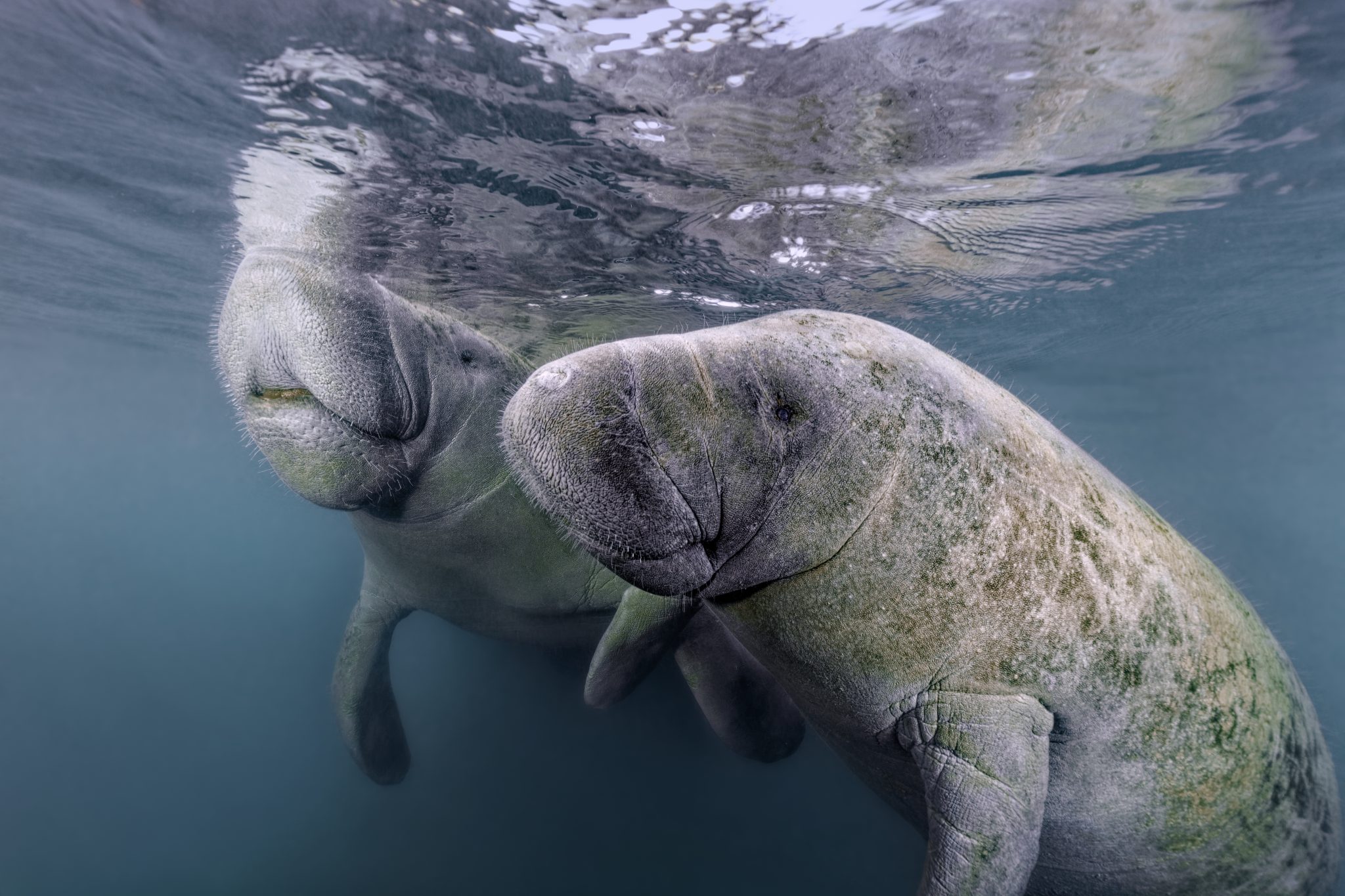
As National Safe Boating Week approaches, Save the Manatee® Club is urging boaters, and anyone that enjoys Florida’s waterways, to respect and protect the defenseless manatees that inhabit our shared waterways. From May 18 to 24, leading up to Memorial Day Weekend, the campaign aims to raise awareness about recreational boating safety and the importance of safeguarding imperiled manatees during the summer boating season. This week also emphasizes the importance of encouraging boaters to enroll in a boating safety course.
Manatees are semi-migratory marine mammals that are commonly found in shallow estuaries, bays, rivers, canals, and coastal areas throughout Florida and neighboring states. With some manatees venturing as far west as Texas and as far north as Massachusetts, collisions between these gentle giants and watercraft have become distressingly frequent. Boat propellers and high-speed collisions pose significant threats to manatees, often resulting in severe injuries or even death.
Save the Manatee Club is calling on all water enthusiasts to follow essential manatee safety tips to ensure the well-being of the imperiled manatee:
- Obey Speed Zone Signs: Familiarize yourself with and adhere to posted speed limits to prevent collisions with manatees.
- Reduce Glare with Polarized Sunglasses: Wear polarized sunglasses to enhance visibility and spot manatees below the water’s surface.
- Recognize Manatee Signs: Learn to identify signs of manatees in the area, such as swirls or flat spots on the water caused by their movements.
- Respect Manatee Sanctuaries: Keep a safe distance from posted manatee sanctuaries and avoid pursuing or harassing these marine mammals, as it is illegal and can disrupt their natural behaviors.
- Report Distressed Manatees: In Florida, promptly report distressed, injured, tagged, or orphaned manatees to the Florida Fish and Wildlife Conservation Commission (FWC) at 1-888-404-FWCC (3922). Outside of Florida, report sightings to the appropriate state agency or rescue organization. A list of agencies to contact is available at savethemanatee.org/report.
- Protect Seagrass Beds: Avoid boating over seagrass beds and shallow areas where manatees may be feeding. Stick to deep water channels while remaining vigilant, as manatees also utilize these channels during their travels.
- Dispose of Fishing Line Responsibly: Anglers should properly dispose of or recycle used fishing line to prevent entanglement hazards for manatees.
“Each year, National Safe Boating Week provides an excellent reminder for all of us to be aware that we share our waterways with vulnerable manatees,” emphasized Patrick Rose, Aquatic Biologist and Executive Director of Save the Manatee Club. “With the recent Unusual Mortality Event on Florida’s East Coast claiming an alarming number of manatees’ lives, it is more crucial than ever to prevent preventable deaths caused by watercraft collisions. By following manatee-safe boating guidelines, such as obeying speed zones and remaining vigilant for manatees, everyone on the water can contribute to the protection of these gentle giants.”
Save the Manatee Club offers a range of free materials to help safeguard manatees and raise awareness about manatee-safe boating practices. Shoreline property owners and park or marina managers can order aluminum dock signs to alert others about the presence of manatees in their areas. Boaters and paddlers can request packets containing a safety tips card, a waterproof boat banner, and a decal to display on their vessels, providing the number to report manatees in distress. To view and request these materials, visit savethemanatee.org/resources. Save the Manatee Club will also be hosting a live webinar for National Safe Boating Week on Tuesday, May 21st at 6pm EST. To register, visit savethemanatee.org/register.
Marine Life & Conservation Blogs
Book Review: Shells of the World
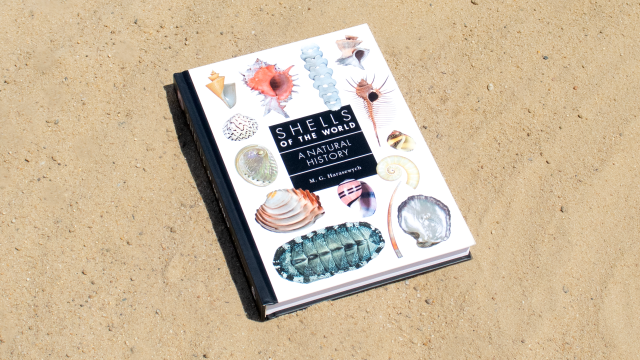
Shells of the World: A Natural History by M.G. Harasewych
Shells of the world is a guide to the world of marine, shelled molluscs. And what a varied and interesting world it is. Some of my favourite things to find on a dive are detailed in this book, including disco clams (or Electric File Clams as they are correctly names), the cephalopods, giant clams and sea hares. There are also many on my wish list, top of which is the Nautilus.
Each chapter provides a detailed description of the species, along with beautiful images. You can dive deeper and discover where they live, both with global distribution and the habitat they prefer. Learn about their diet, reproduction and diversity.
Having dipped in and out of this lovely book over the past few weeks, it has inspired me to learn more about this group of animals that we see on most divers, wherever we are in the world. Some of the shells are incredibly intricate and beautiful. I have always agreed with never collecting, or touching, marine life. The description of a certain set of cone shells should be a warning to those that are happy to pick up marine life! One of the cone shells has a local name called the cigarette snail. Why? Because once the venom is in your system from this animal, you only have time to smoke one cigarette before the affects of the venom are fatal!
What the publisher says:
Mollusks are invertebrate animals with a remarkable natural history and a rich fossil record, and their shells are prized for their breathtaking variety and exquisite beauty. Shells of the World provides a wide-ranging look at the incredible diversity of marine mollusks. An informative introduction outlines the lineages covered, followed by a directory section, split into classes, that profiles a broad selection of different taxa to give a sense of their sheer numbers and variety.
- Features hundreds of beautiful color photos, depicting both the live animals and their shells
- Discusses mollusk evolution, anatomy, life cycles, behavior, and ecology
- Describes unique characteristics, distribution, habitat, and size
- Provides valuable insights into the conservation of the world’s marine mollusks
- Ideal for malacologists and shell collectors everywhere
About the Author:
M. G. Harasewych is research zoologist emeritus and former curator in the Department of Invertebrate Zoology at the Smithsonian Institution’s National Museum of Natural History. A fellow of the American Association for the Advancement of Science, he is the author (with Fabio Moretzsohn) of The Book of Shells: A Life-Size Guide to Identifying and Classifying Six Hundred Seashells.
Book Details
Publisher: Princeton University Press
Hardcover
Price: £25
ISBN: 9780691248271
Published: 9th April, 2024
-

 Marine Life & Conservation Blogs3 months ago
Marine Life & Conservation Blogs3 months agoCreature Feature: Swell Sharks
-

 Gear Reviews4 weeks ago
Gear Reviews4 weeks agoGEAR REVIEW – Revolutionising Diving Comfort: The Sharkskin T2 Chillproof Suit
-

 Blogs2 months ago
Blogs2 months agoMurex Resorts: Passport to Paradise!
-

 Blogs3 months ago
Blogs3 months agoDiver Discovering Whale Skeletons Beneath Ice Judged World’s Best Underwater Photograph
-

 News3 months ago
News3 months agoPADI Teams Up with Wellness Brand Neuro to Drive Ocean Change and Create a Blue State of Mind
-

 Gear Reviews3 months ago
Gear Reviews3 months agoGear Review: Oceanic+ Dive Housing for iPhone
-

 Marine Life & Conservation2 months ago
Marine Life & Conservation2 months agoSave the Manatee Club launches brand new webcams at Silver Springs State Park, Florida
-
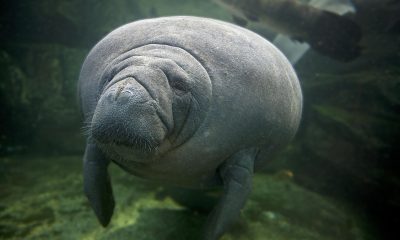
 Blogs2 months ago
Blogs2 months agoSeagrass Awareness Month brings critical food source for Manatees to centre stage



